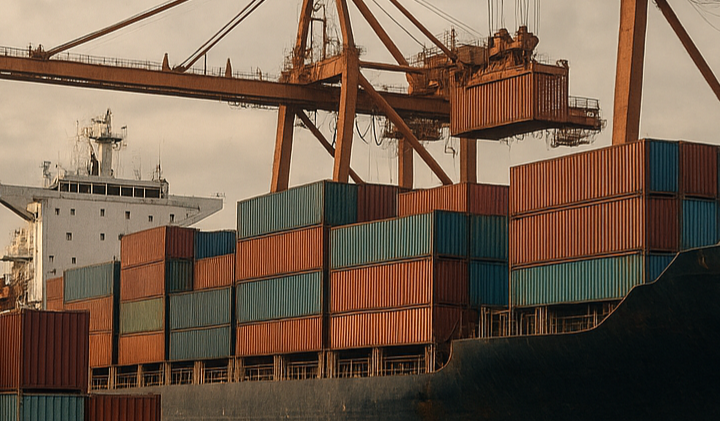On 23 August 2022 a virtual Consultation and Innovation Session on the shipping sector was convened to examine forced labour at sea and to review progress by stakeholders in addressing these abuses. The session brought together government agencies, shipping and crewing industry representatives, seafarer unions, civil society, international organisations, and other partners to share experience, surface emerging risks, and explore practical responses.
Discussion focused on the full lifecycle of exploitation at sea, including risky recruitment and crewing practices, working and living conditions on board, monitoring and inspection regimes, port- and flag-state responsibilities, access to remedies for victims, and the role of supply chain due diligence. Participants also explored how technology, data-sharing and financial and insurance-sector engagement can help detect and disrupt exploitative operations.
Key outcomes included identification of priority areas for further work: strengthening multi-stakeholder cooperation across jurisdictions, improving transparency in crewing and supply chains, expanding targeted capacity building for enforcement and port actors, and advancing practical tools for victim identification, protection and remediation. Ideas and recommendations from the session have been taken forward for further discussion with Bali Process members and are being used to inform ongoing regional initiatives to reduce forced labour at sea.
The session reinforced the need for sustained collaboration between governments, industry and civil society to protect seafarers’ rights and to remove incentives for exploitation across the maritime sector.

